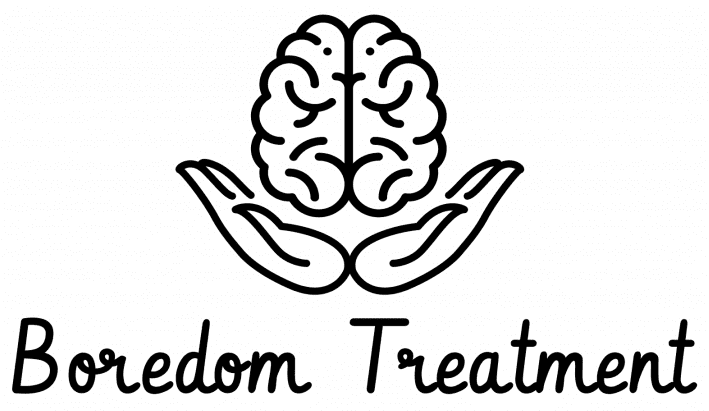Travel is one of life’s true pleasures, offering a break from the ordinary and a chance to experience new environments. Yet, not every vacation leaves us feeling refreshed and satisfied. Some trips are filled with joy and adventure, while others may fall short of expectations. The difference often isn’t just luck but rather a series of choices and strategies that can enhance or diminish our travel experience.
Over the years, extensive research has delved into what makes vacations truly enjoyable. Surprisingly, the key to a great vacation might be found in doing less, planning differently, and even embracing a bit of discomfort.
Let’s explore how to have a great vacation and what science tells us about making the most of our time away.
Less Is More

It’s tempting to think that the more we indulge in something we love, the better our experience will be. If you enjoy the beach, it seems logical to spend every possible moment soaking up the sun. However, research suggests that this approach might actually reduce your overall enjoyment.
The phenomenon known as “hedonic adaptation” explains why this happens. The more we consume something, the less pleasure it tends to bring us over time. That first hour on the beach feels like pure bliss, but as the hours drag on, the heat becomes oppressive, and the sand starts to irritate. By the end of the day, what began as a joyous escape can feel more like a chore.
Three Strategies to Maximize Enjoyment
- Limit Time – Enjoy activities in shorter bursts to keep them exciting.
- Introduce Variety – Mix up your schedule. Rather than dedicating one day solely to the beach and another to hiking, combine both within a single day.
- Take Breaks – Even during enjoyable experiences like massages or beach days, taking a brief break can reset your enjoyment levels, making the second half of the experience feel as fresh as the first.
The Pitfall of Choice Overload
Planning a vacation can be thrilling, but the abundance of options available today often leads to a frustrating dilemma known as “choice overload.” From hotels to restaurants and activities, the possibilities are endless. While having choices is generally positive, an overwhelming number can paradoxically lead to dissatisfaction.
When you meticulously plan every aspect of your trip, comparing countless options, you inadvertently create a mental list of alternatives. This can be detrimental because any minor inconvenience during your vacation might trigger regret about the options you discarded.
To counter this, consider adopting the mindset of a “satisficer.” Unlike a “maximizer” who exhaustively seeks the perfect choice, a satisficer aims for a good enough option that meets their needs without obsessing over alternatives.
Benefits of Being a Satisficer
- Reduced Regret: By focusing on finding a satisfactory option rather than the perfect one, you’re more likely to be content with your choices.
- More Enjoyable Experiences: Free from the constant comparison to other options, you can fully immerse yourself in your vacation and create lasting memories.
Introducing a Bit of Discomfort
Vacations are typically associated with comfort and relaxation, but research suggests that intentionally incorporating some discomfort can enhance your overall experience. This might sound counterintuitive, but it’s rooted in the way humans process experiences through comparison.

When you introduce a less enjoyable activity—like taking public transportation instead of a taxi or staying in a more modest hotel—everything else on your trip can feel more luxurious by comparison. The discomfort acts as a contrast, making the positive aspects of your vacation stand out even more.
Examples of Embracing Discomfort:
- Public Transportation – Opt for a local bus instead of a taxi. While it may be less comfortable, it offers a more authentic experience and makes your return to comfort all the sweeter.
- Budget Accommodations – Consider staying in a more modest hotel for a night. The experience can make the rest of your trip feel even more luxurious.
- Unplanned Exploration – Leave your phone at the hotel and wander through the city without a set plan. The uncertainty and mild anxiety of getting lost can lead to unexpected discoveries and a greater appreciation for the moments when things go smoothly.
Crafting a Memorable Vacation
When these elements converge, the outcome is a vacation that might appear unconventional but is ultimately more rewarding. Instead of cramming your itinerary with non-stop activities or meticulously planning every detail, focus on doing less, embracing variety, and allowing for a bit of spontaneity.
This approach aligns with how to have a great vacation and what science tells us, transforming your travel experiences into cherished memories that linger long after you return home.




